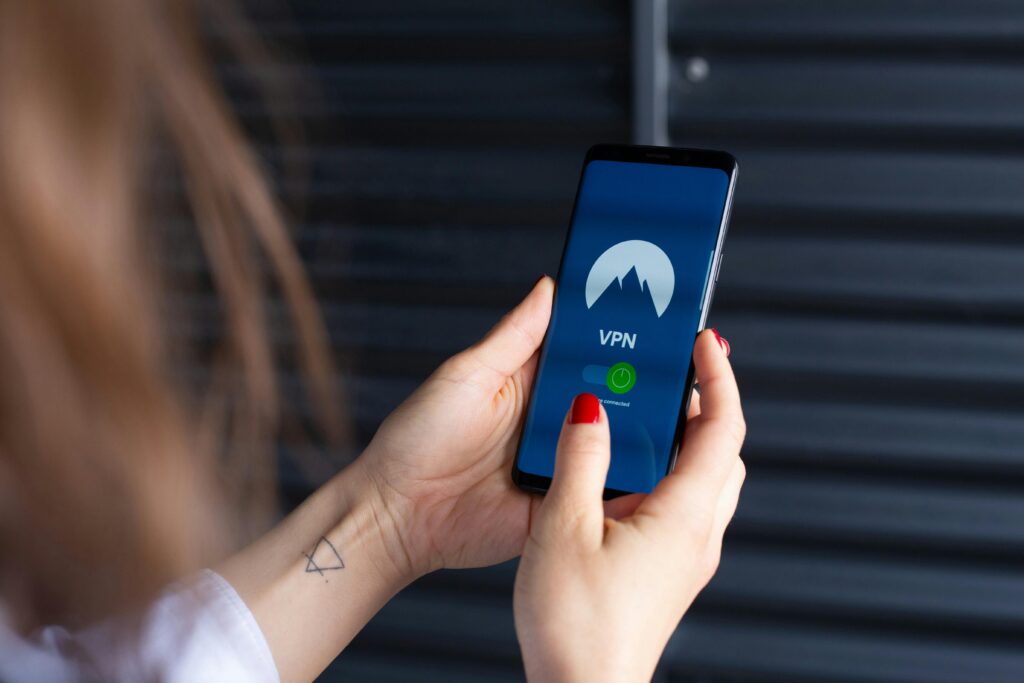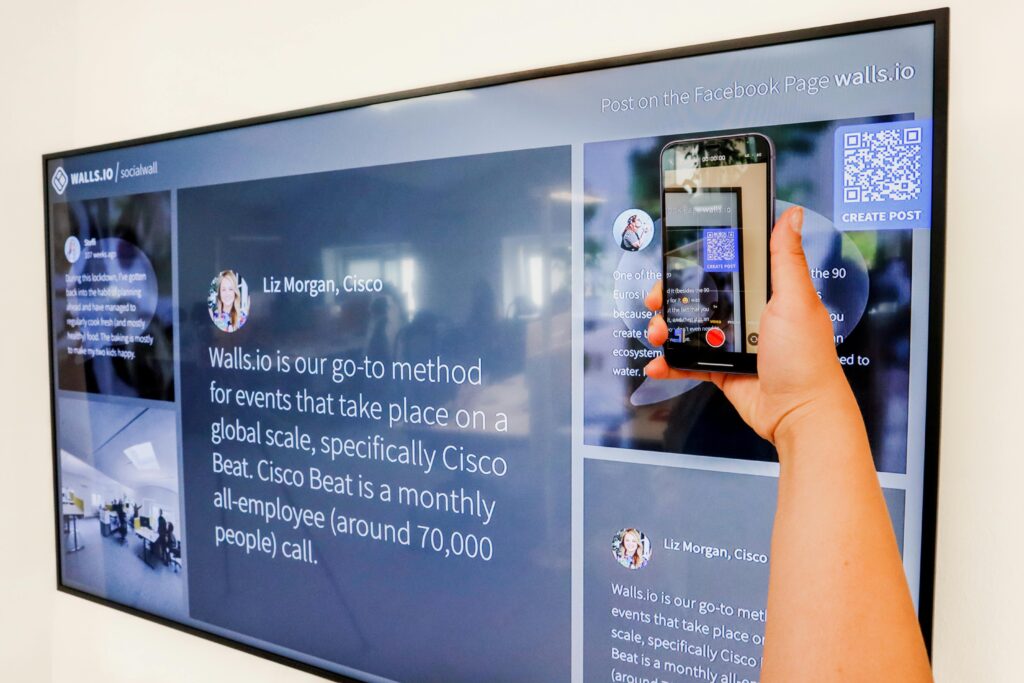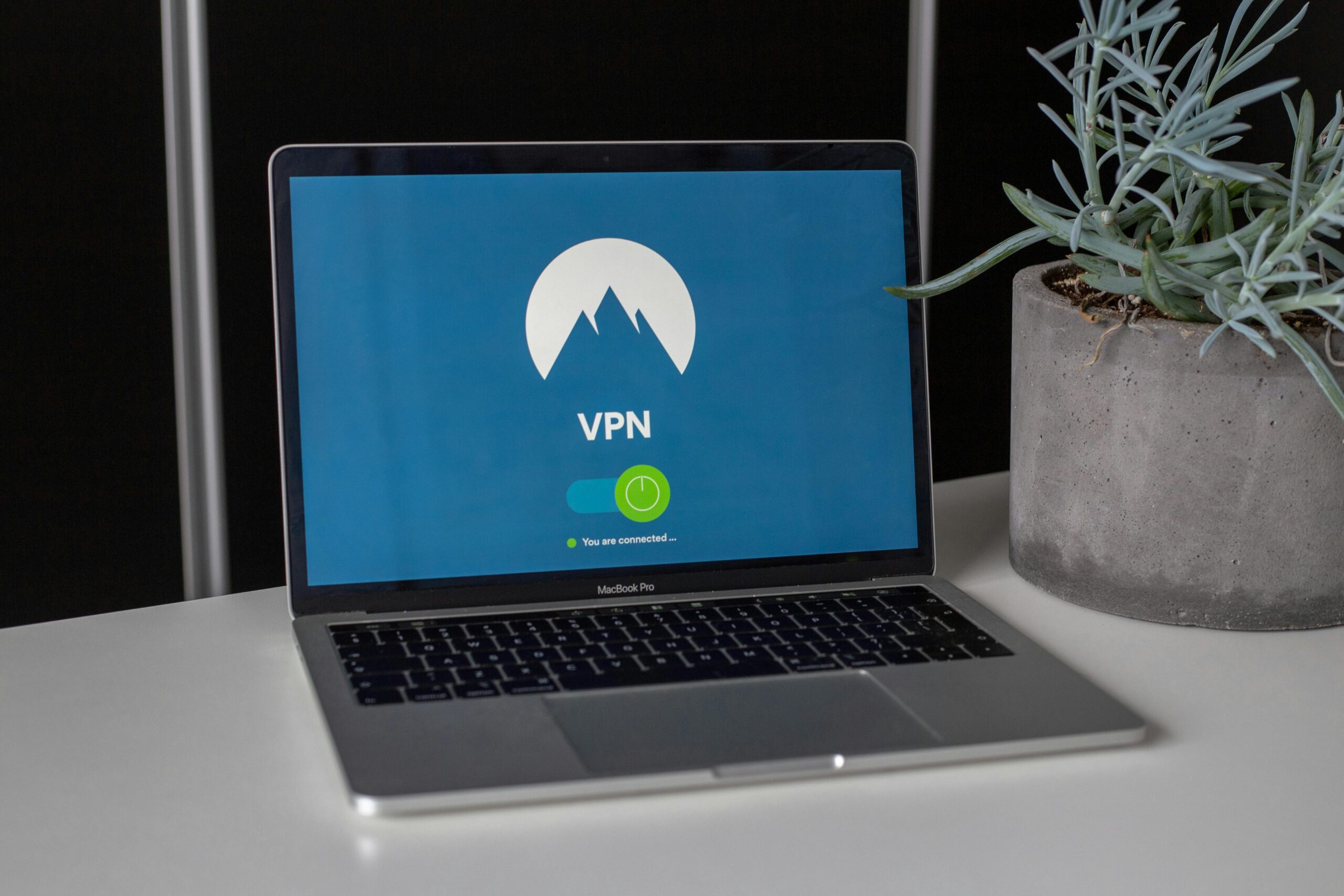A Virtual Private Network (VPN) is a technology that allows users to establish a secure and encrypted connection to a private network over the internet. It essentially creates a private tunnel through which data can be transmitted securely, shielding it from prying eyes and potential threats.
Here’s how it works:
1. Encryption: When you connect to a VPN, your device encrypts all the data before it leaves your device and sends it through the VPN tunnel. This encryption process encodes the data in such a way that it becomes unreadable to anyone who intercepts it without the proper decryption key.
2. Anonymity: By routing your internet traffic through servers located in different geographic locations, VPNs can obscure your IP address and make it appear as if you’re accessing the internet from a different location. This can help protect your privacy online by preventing websites and online services from tracking your real location and online activities.
3. Security: VPNs add an extra layer of security to your internet connection, especially when you’re using public Wi-Fi networks in places like cafes, airports, or hotels. These networks are often vulnerable to cyber attacks, but by using a VPN, your data remains encrypted and secure, reducing the risk of hackers intercepting your sensitive information.
4. Bypassing Restrictions: VPNs can also be used to bypass geographic restrictions imposed by certain websites or streaming services. For example, if a streaming platform only offers its services in certain countries, you can use a VPN to connect to a server in one of those countries and access the content as if you were physically located there.
Overall, VPNs are powerful tools for enhancing online privacy, security, and freedom. However, it’s essential to choose a reputable VPN provider that prioritizes user privacy and doesn’t keep logs of your online activities. Additionally, while VPNs offer increased security, they’re not foolproof, and users should still practice good cybersecurity habits, such as using strong, unique passwords and keeping software updated.
Type Of VPN
Virtual Private Networks (VPNs) come in various types, each tailored to different needs and scenarios. Here are some common types of VPNs:
1. Remote Access VPN:
- Purpose: Designed for individual users or employees who need to access a company’s network securely from remote locations.
- Functionality: Allows users to connect to the corporate network from outside the office over the internet. It provides secure access to internal resources such as files, applications, and servers.
- Authentication: Typically requires user authentication, often using usernames, passwords, or two-factor authentication methods.
2. Site-to-Site VPN:
- Purpose: Used to connect multiple networks (such as branch offices or data centers) located in different geographical locations.
- Functionality: Establishes secure communication channels between the networks over the internet, allowing them to share resources and communicate as if they were part of the same local network.
- Configuration: Usually set up using routers, firewalls, or VPN concentrators at each site, creating a secure tunnel between them.
3. Client-to-Site VPN (also known as “Road Warrior VPN”):
- Purpose: Similar to remote access VPN, but typically used by individual users or clients rather than employees of a specific organization.
- Functionality: Allows users to securely connect to a specific network (e.g., a corporate network) from remote locations, just like remote access VPN. However, client-to-site VPNs are often used by service providers or businesses to provide secure access to their networks for external clients or partners.
- Authentication: Users need to authenticate themselves to access the network, often using credentials provided by the network administrator.
4. Intranet VPN:
- Purpose: Used to connect multiple locations or branches of the same organization to form a private network.
- Functionality: Similar to site-to-site VPN, but specifically used within the same organization’s infrastructure to create a secure and private communication network between different branches or offices.
- Usage: Facilitates seamless sharing of resources, applications, and data across the organization’s various locations while ensuring data confidentiality and integrity.
5. Extranet VPN:
- Purpose: Extends the functionality of an intranet VPN to include external parties such as clients, partners, or suppliers.
- Functionality: Allows external users to securely access specific resources or services hosted on the organization’s network, typically through a controlled and authenticated connection.
- Security: Requires careful access control and authentication mechanisms to ensure that only authorized external users can access the designated resources.
Each type of VPN offers specific advantages and is suitable for different use cases, depending on the organization’s requirements and infrastructure. Understanding these distinctions can help businesses choose the most appropriate VPN solution to meet their needs for security, connectivity, and remote access.

Why Use VPN?
Using a Virtual Private Network (VPN) offers several compelling reasons, making it an essential tool for many individuals and organizations:
1. Enhanced Privacy: One of the primary reasons people use VPNs is to safeguard their online privacy. VPNs encrypt your internet traffic, making it unreadable to anyone trying to intercept it, including hackers, government agencies, or internet service providers (ISPs). This encryption ensures that your browsing habits, personal data, and sensitive information remain private and secure.
2. Security on Public Wi-Fi Networks: Public Wi-Fi networks, such as those found in cafes, airports, or hotels, are notoriously insecure. Hackers often target these networks to intercept data transmitted by unsuspecting users. By using a VPN, you can encrypt your connection, protecting your data from potential eavesdroppers and cyber attacks.
3. Bypassing Geographic Restrictions: Many websites, streaming services, and online content providers impose geographic restrictions on their content, limiting access to users in specific regions. VPNs can help bypass these restrictions by allowing you to connect to servers in different countries. This makes it appear as though you’re accessing the internet from a different location, enabling you to access geo-blocked content and services.
4. Anonymous Browsing: VPNs can help anonymize your online activities by masking your IP address. Instead of connecting directly to websites and online services, your connection is routed through VPN servers, making it more challenging for websites to track your real location and online behavior. This can enhance your anonymity and protect your identity while browsing the web.
5. Secure Remote Access: For businesses and remote workers, VPNs provide a secure way to access corporate networks and resources from remote locations. Whether employees are working from home, traveling, or in the field, VPNs enable secure connectivity to company servers, databases, and internal systems, reducing the risk of data breaches and unauthorized access.
6. Preventing ISP Throttling: Some ISPs engage in bandwidth throttling, slowing down internet speeds for certain types of online activities, such as streaming video or online gaming. By using a VPN, you can encrypt your traffic, making it more difficult for ISPs to monitor and throttle your connection based on the type of content you’re accessing.
7. Protection Against Surveillance: In countries with strict government surveillance or censorship laws, VPNs can provide a means of circumventing these restrictions. By encrypting your internet traffic and masking your IP address, VPNs help protect against government surveillance and censorship, allowing users to access the internet freely and securely.
Overall, VPNs offer a combination of privacy, security, and freedom that makes them invaluable for individuals and organizations seeking to protect their online activities and data. Whether you’re concerned about privacy, security, or accessing restricted content, using a VPN can help address these concerns and provide peace of mind while browsing the internet.

What are the benefits of using VPN?
Using a Virtual Private Network (VPN) provides a range of benefits for both individuals and organizations:
1. Enhanced Privacy: VPNs encrypt your internet traffic, ensuring that your online activities, browsing history, and personal data remain private and secure. By masking your IP address and encrypting your connection, VPNs prevent third parties, such as hackers, ISPs, and government agencies, from monitoring or tracking your online behavior.
2. Secure Data Transmission: VPNs create a secure tunnel for transmitting data over the internet, protecting it from interception or eavesdropping by cybercriminals. This is particularly important when using public Wi-Fi networks, which are vulnerable to attacks. With a VPN, your data is encrypted, reducing the risk of data breaches or identity theft.
3. Bypassing Geo-Restrictions: Many websites, streaming services, and online platforms impose geographic restrictions on their content, limiting access to users in specific regions. VPNs allow you to bypass these restrictions by connecting to servers in different countries. This enables you to access geo-blocked content and services, such as streaming movies and TV shows, regardless of your physical location.
4. Anonymous Browsing: VPNs help anonymize your online activities by masking your IP address and routing your connection through remote servers. This makes it more difficult for websites, advertisers, and online trackers to identify you and track your online behavior. With a VPN, you can browse the web anonymously and protect your privacy online.
5. Secure Remote Access: For businesses and remote workers, VPNs provide a secure way to access corporate networks and resources from remote locations. Whether employees are working from home, traveling, or in the field, VPNs enable secure connectivity to company servers, databases, and internal systems, reducing the risk of data breaches and unauthorized access.
6. Preventing ISP Throttling: Some ISPs engage in bandwidth throttling, slowing down internet speeds for certain types of online activities, such as streaming video or online gaming. By using a VPN, you can encrypt your traffic, making it more difficult for ISPs to monitor and throttle your connection based on the type of content you’re accessing.
7. Protection Against Surveillance and Censorship: In countries with strict government surveillance or censorship laws, VPNs can provide a means of circumventing these restrictions. By encrypting your internet traffic and masking your IP address, VPNs help protect against government surveillance and censorship, allowing users to access the internet freely and securely.
Overall, VPNs offer a combination of privacy, security, and freedom that makes them invaluable for individuals and organizations seeking to protect their online activities and data. Whether you’re concerned about privacy, security, or accessing restricted content, using a VPN can help address these concerns and provide peace of mind while browsing the internet.
Concussion
A concussion is a type of traumatic brain injury caused by a bump, blow, or jolt to the head or body that disrupts the normal functioning of the brain. It can lead to a range of symptoms, from headache and dizziness to memory loss and confusion. Protecting oneself from concussions often involves wearing helmets or other protective gear during physical activities like sports or construction work.

